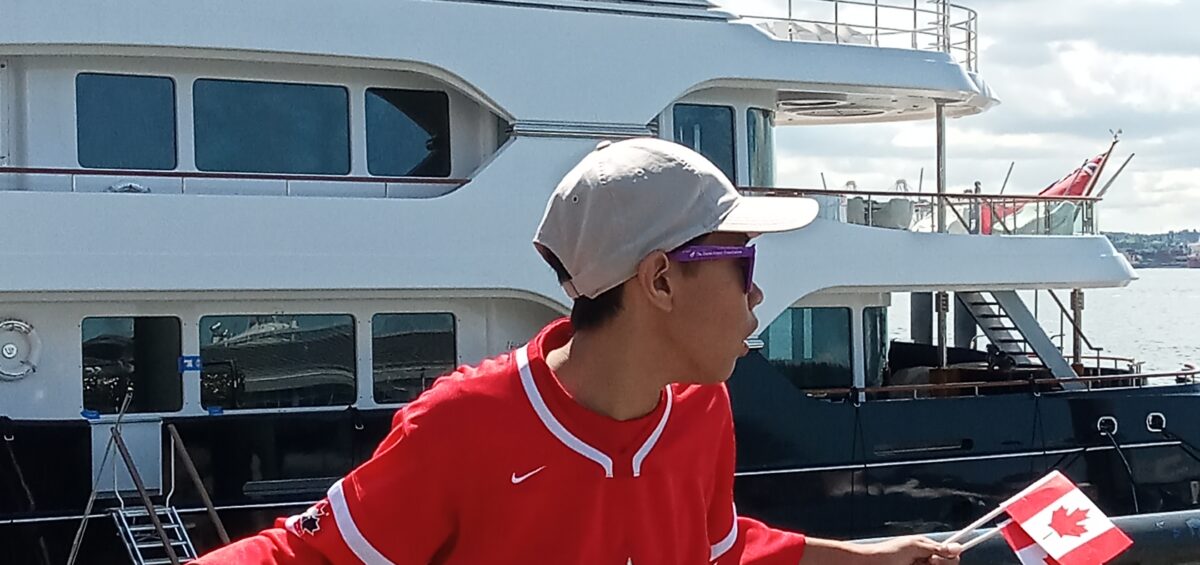I need to go shopping. Right now. Because the safety of my television is in the balance. No, to my TV technical friends: not colour balance. You see, my TV, to the right of my mobile command center — laptop and cell phone and the pack of Cheezies bag which is always open, and, in danger of being knocked over, pushed out the third-story window or having my fist going through the screen … in a good way, of course.
The summer Olympics are on. And since the clever opening ceremonies with boats floating down the Seine River, I’ve been watching the global athletic showcase.
Everyone loves the Olympics, right? Edmonton Oilers superstar Connor McDavid made an interesting comment during the Stanley Cup run earlier in the spring: “Sports brings people together.”
Indeed, it does. Add in national pride and the celebratory cheering can be heard throughout the land. I cheer for everyone. Sure, when there is an abundance of Canadian flags in the stands I cheer a little louder, exercising my national pride and, tell myself, if the Canadian wins, I will order myself three of the fluffiest pancakes I can find and order not one. But two bottles of maple syrup. One for the TV.
We cheer, yell, stomp and everything else we do to clearly show our support for, in the Olympic example, athletes who want to win. By doing so, we are recognizing the commitment, training, all those early morning and late-night practices, and the sacrifice it takes to become an athlete at an elite level. Minor sports gracefully take our cheering and becomes a pat the encouragement world: much like the little people and their families the David Foster Foundation helps.
Now, there is little, if any, comparison between competing at the Olympics — when we really boil it down, they are, alas, games — to a family who has a child in need of an organ transplant.
Yet, there is a common emotional attachment of seeing someone with an extra challenge — a disability, a chronic illness, a disease — which can limit the potential of, in this case of the Olympics, from getting to the medal podium … everyone, most likely, except themselves, and the closest people in their circles. We find a deep connection to becoming dedicated crusaders in cheerleading for those — underdogs, if you will — in overcoming great odds to, most triumphantly, cross the finish line.
While that’s what the David Foster Foundation does, encouraging young kids who desperately need organ transplants with non-medical expenses, one thing must be in place. An organ needs to be readily available. Twenty-five per cent. That’s how many Canadians are registered to have donated organs. One in four. A quarter of the Canadian population. What if we thought of driving a future Olympic athlete to an early morning practice … a coach who, very early, noticed that special talent — rarely seen — that will make them a one-in-a-generation athlete: someone who goes the extra kilometre so that raw talent profoundly becomes a difference-maker … an amateur sporting administrator who encourages a young athlete and, legally and morally, to prop already opened doors so they can go through that specific door, to the next one.
That could be you. Signing an organ donor card could be the shining gate open to an Olympic performance. Much more significantly, it will be a needed beacon of hope when people need it the most — a championship effort that needs to be celebrated.
Especially on … television.



